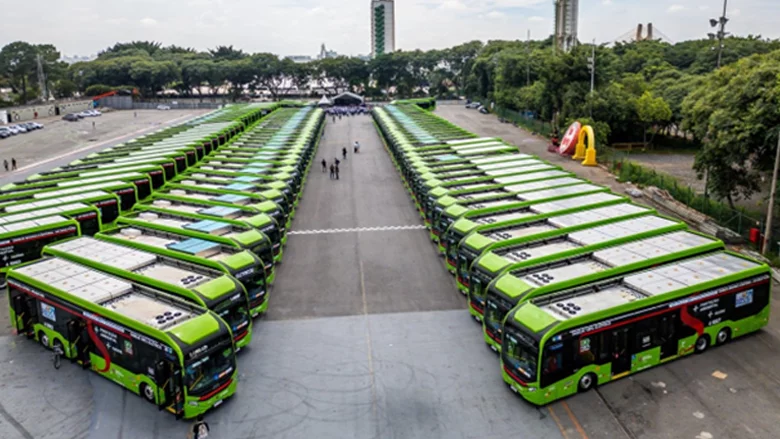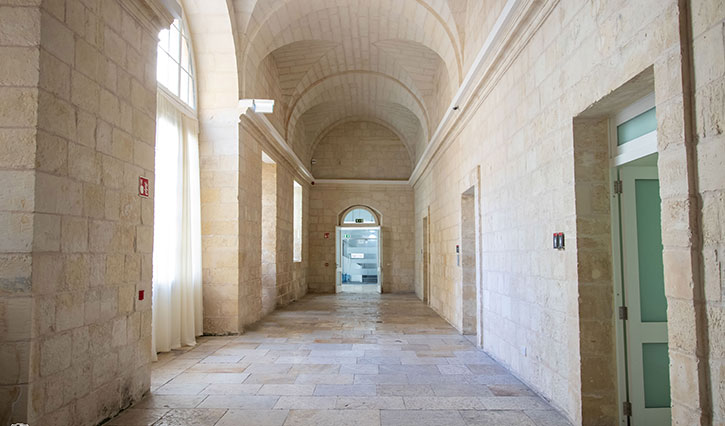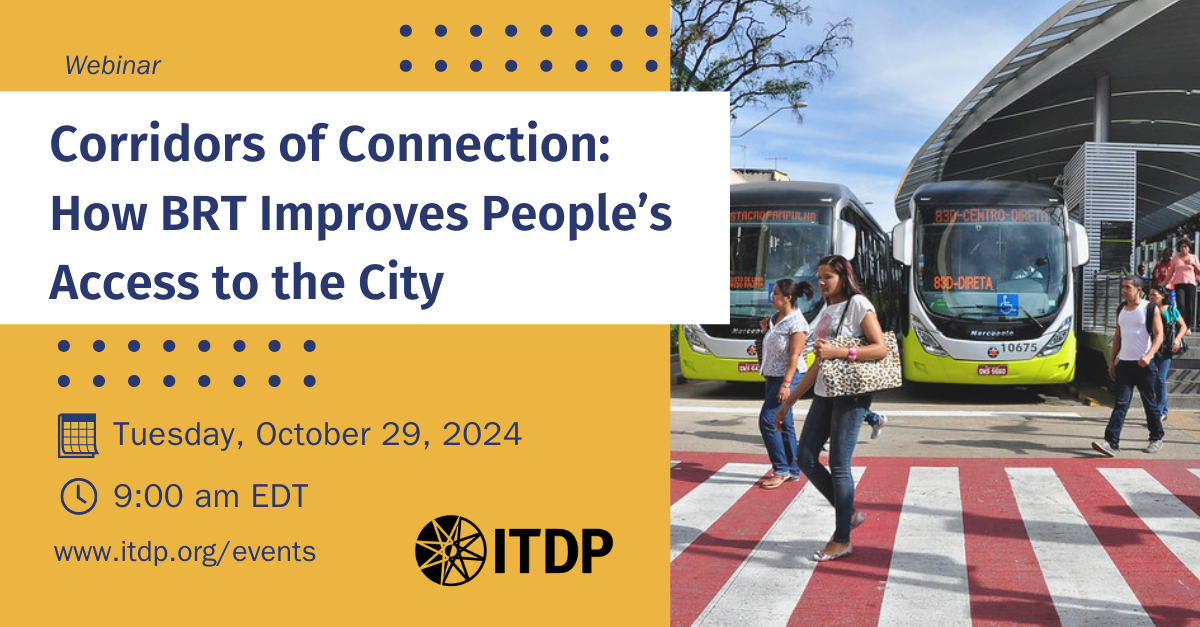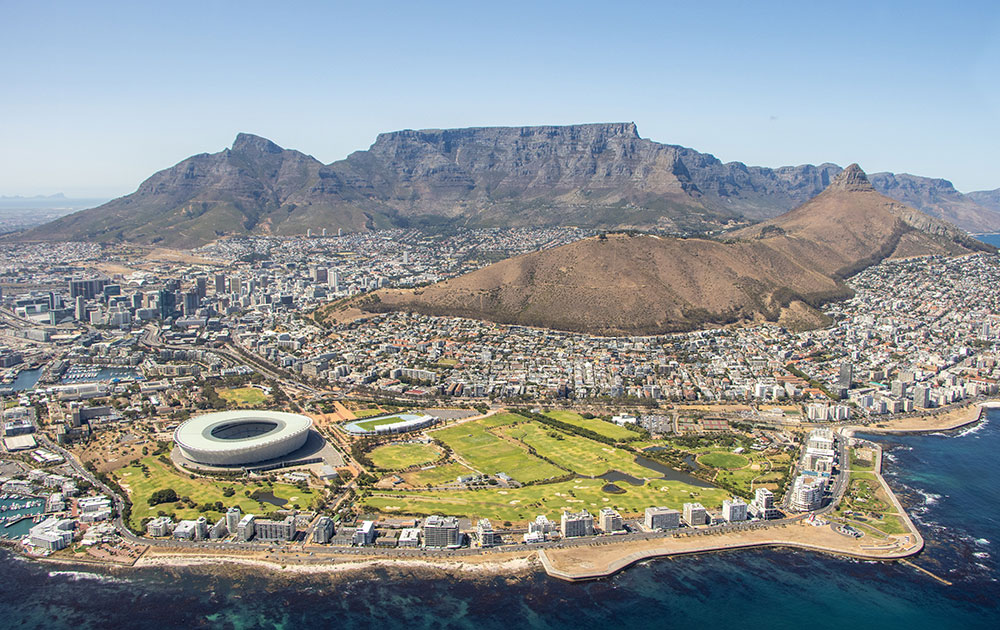More than one hundred attendees from five different continents joined the BRT Center of Excellence as we launched our book last Monday January 11th, in the 95th Annual Meeting of the Transportation Research Board (TRB) held at Washington D.C.. After 5 years of hard work, the book “Restructuring Public Transport through Bus Rapid Transit” is now a valuable resource for academic researchers and postgraduate students, as well as policy makers and practitioners.
In this event, Holger Dalkmann – director of the WRI Ross Center for Sustainable Cities’s EMBARQ program – and the book’s editors Laurel Paget-Seekins and Juan Carlos Muñoz spoke a few words about the book.
Laurel – Director of Strategic Initiatives of the Massachusetts Bay Transportation Authority – explains: “The goal of this book is to illustrate the opportunities BRT provides along with our research, addressing the challenges of meeting this potential.”

In other hand, Juan Carlos Muñoz – our BRT CoE director – spoke about what we should expect from BRT systems in the near future. A lot of challenges are coming for them: speed, reliability, driverless buses, comfort, lower emissions, fewer and better transfers, and careful of the urban context. Juan Carlos pointed out that “we need to be more innovative when thinking about buses”.
Laurel added: “Our book doesn’t solve all of the challenges, but it provides research we hope is useful to academics and practitioners to get started. More importantly it shows how international and interdisciplinary research can fit together to increase the potential of BRT to address what we all know are urgent urban problems.”
The BRTCoE thanks all of the researchers who worked hard in our book.

For copies, please visit the Policy Press website (pounds).
The Book: “Restructuring Public Transport through Bus Rapid Transit”
The promise of BRT ~ Laurel Paget-Seekins & Juan Carlos Munoz
Global overview of BRT and bus corridors ~ Luis Antonio Lindau, Cristina Albuquerque Moreira da Silva, Guillermo Petzhold & Daniela Facchini
Section 1: Institutional Relationships
- The path toward integrated systems ~ Dario Hidalgo, Juan Carlos Munoz & Juan Miguel Velásquez
- BRT as a tool for negotiated re-regulation ~ Onesimo Flores Dewey
- Institutional design and regulatory frameworks ~ Rosário Macário, Maria Spandou & Luis Neves Filipe
- Strategic participation for change ~ Lake Sagaris
- Designing bus concession contracts ~ Patricia Galilea & Marco Batarce
- Fare structures ~ Marco Batarce & Corinne Mulley
Section 2: BRT and the City
- Conflict over public space ~ Laurel Paget-Seekins
- Designing BRT-oriented development ~ Chris Zegras, Anson Stewart, Rosanna Forray, Rocío Hidalgo, Cristhian Figueroa, Fábio Duarte & Jan Wampler
- Preferences for BRT and light rail ~David Hensher, Corinne Mulley & John Rose
- User preferences and route choice ~ Sebastián Raveau, Juan Carlos Munoz & Juan de Dios Ortúzar
- Passenger information systems ~ Carola Zurob, José Manuel Allard, Rosário Macário, Bernardo Garcia & Camila Garcia
Section 3: Operations and Design
- Opportunities provided by automated data collection systems ~ Nigel Wilson
- Designing a BRT-based network under integrated operations ~ Homero Larrain, Omar Ibarra, Juan Carlos Munoz & Corinne Mulley
- Assessing corridor performance ~ Juan Carlos Herrera, Juan Carlos Munoz, David Hensher, Corinne Mulley, Zheng Li & Luis Antonio Lindau
- BRRT: adding an R for reliability ~ Felipe Delgado, Juan Carlos Munoz & Ricardo Giesen
- Managing drivers and vehicles for cost-effective operations in regulated transit systems ~ Omar Ibarra & Ricardo Giesen
- Road safety impact of BRT and busway features ~ Nicolae Duduta & Luis Antonio Lindau
Looking forward ~ Juan Carlos Munoz, Laurel Paget-Seekins.





